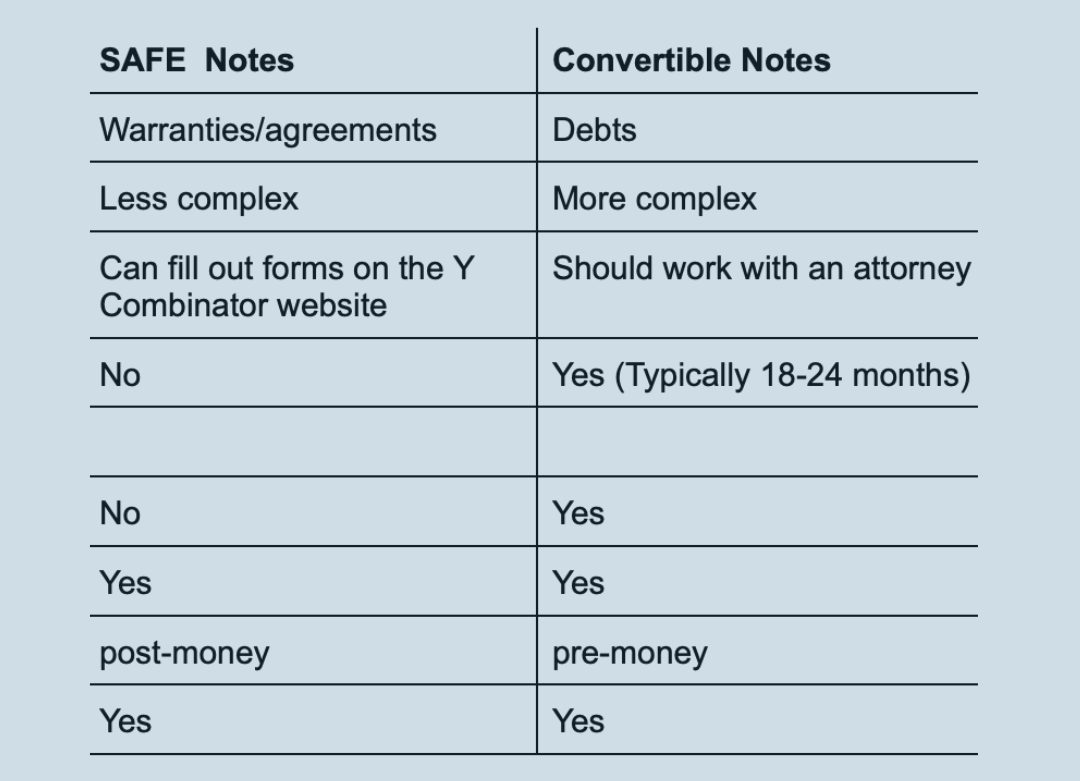How to Calculate Direct Operating Cash Flow
Operating cash flow is the amount of cash your business generates through regular operating activities within a specific period of time. If you calculate operating cash flow via the direct method, you’ll find that it directly reflects the inflows and outflows of your bank account. The direct method involves this equation:
Operating Cash Flow=Total Collected Cash from Customers - Cost of Goods Sold - Total Purchases - Operating Expenses.
Here are the five steps you need to take to calculate the direct operating cash flow:
- Accrual vs. Cash Revenue - If you manage your accounting on an accrual basis, you recognize revenue when you earn it, rather than receive it. Cash revenue, however, considers revenue when the money changes hands. To calculate your direct operating cash flow, you’ll need to identify your cash-basis revenue. Fortunately, many platforms like QuickBooks Online and Xero provide this information. Alternatively, simply take a look at all the money you received from your customers in that specific time frame.
- Non-Inventory Based Cost of Goods Sold - Next, look at your cost of goods sold or how much you spend to produce the goods or services you sell. This figure should exclude inventory and include lenders that require immediate payouts. These immediate payouts may be for wages, equipment costs, and freight.
- Inventory - Now, determine the money spent on your inventory, or the assets your business has and intends to sell to customers. It will likely include a mix of raw materials, work-in-progress items, and finished goods.
- Operating Expenses - Then, figure out your operating expenses. This will include things like wages, rent & utilities, software, sales & marketing, etc.
- Operating Cash Flow - Last but not least, take your cash revenue and subtract your cost of goods sold, purchases, and operating expenses. If you purchase recurring services with a credit card, be sure to deduct your credit card payments as well, so long as they’re not the same expenses noted in bullet #4.
Other Blogs Related to Startup Finance





